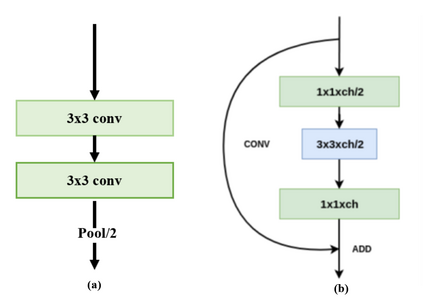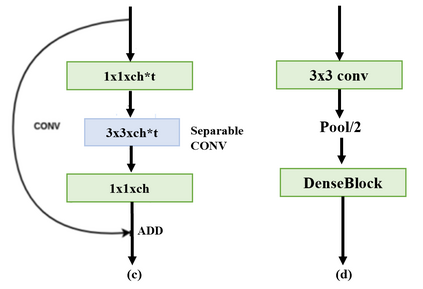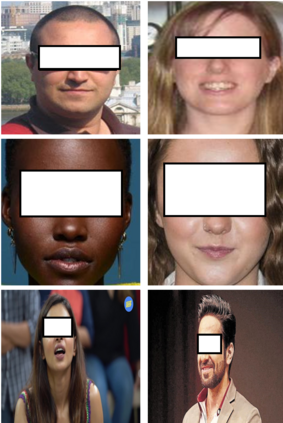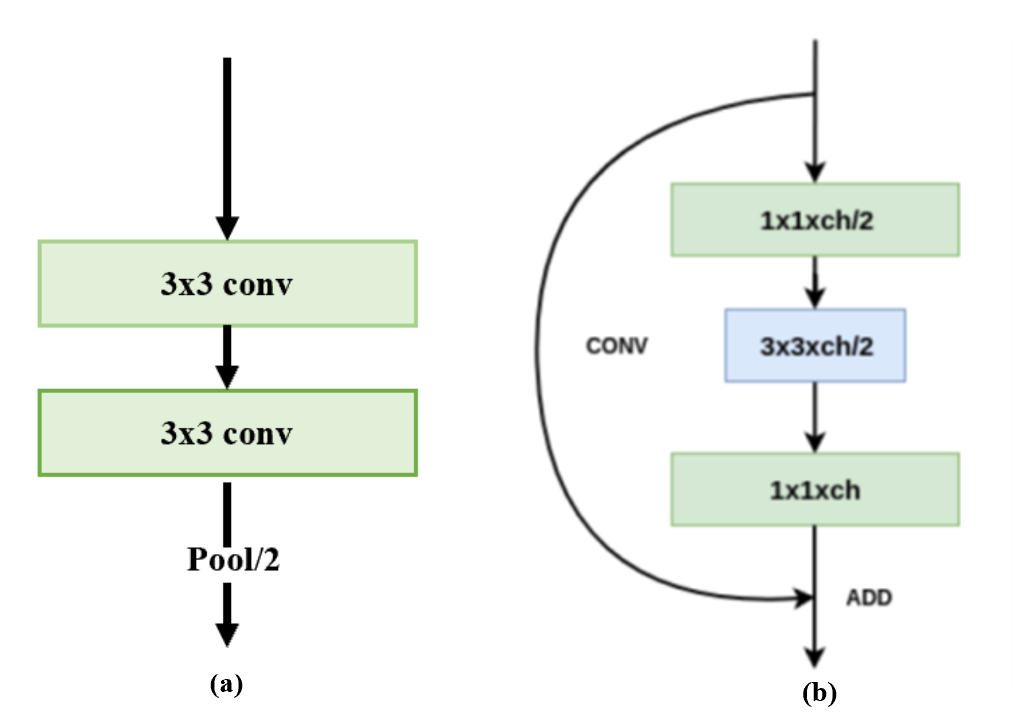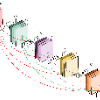Self-diagnostic image-based methods for healthy weight monitoring is gaining increased interest following the alarming trend of obesity. Only a handful of academic studies exist that investigate AI-based methods for Body Mass Index (BMI) inference from facial images as a solution to healthy weight monitoring and management. To promote further research and development in this area, we evaluate and compare the performance of five different deep-learning based Convolutional Neural Network (CNN) architectures i.e., VGG19, ResNet50, DenseNet, MobileNet, and lightCNN for BMI inference from facial images. Experimental results on the three publicly available BMI annotated facial image datasets assembled from social media, namely, VisualBMI, VIP-Attributes, and Bollywood datasets, suggest the efficacy of the deep learning methods in BMI inference from face images with minimum Mean Absolute Error (MAE) of $1.04$ obtained using ResNet50.
翻译:由于肥胖趋势令人震惊,以自我诊断图像为基础的健康体重监测方法越来越受关注。只有少数学术研究调查了以AI为基础的身体质量指数(BMI)从面部图像推断得出的方法,作为健康体重监测和管理的一种解决办法。为了促进这一领域的进一步研究和开发,我们评估和比较了五个基于深层学习的基于共生神经网络(CNN)建筑的性能,即VGG19、ResNet50、DenseNet、MobileNet和光CNN,用于从面部图像中推断出BMI。三个公开提供的BMI附加说明的面部图像数据集的实验结果,即视觉BMI、贵宾图案和博莱伍德数据集,显示BMI从面部图像中用ResNet50获得的深度最小明显绝对误差(MAE)的深度学习方法的功效为1.04美元。

